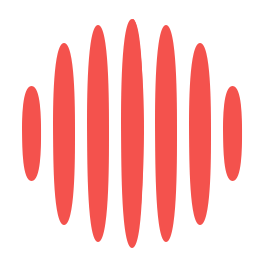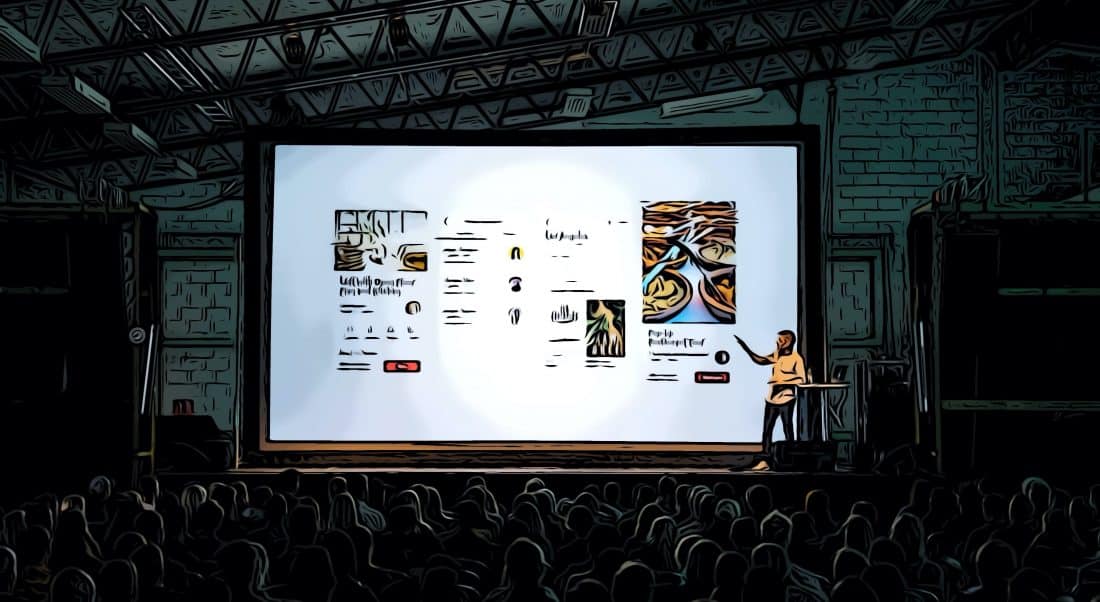Big data plays a crucial role in many industries, and event management is just one of them. People all across the world are relying more and more on their smart devices, and it has become increasingly easier for event organizers to gather and use data to cater more directly to event attendee’s experiences.
Event planners are leveraging big data to deliver highly personalized events and boost attendee engagement. In this article, we’ll look at some of the ways you can use big data to provide better event experiences and learn more about your audiences’ needs and expectations.
Let’s put everything into context before we begin.
What Is Big Data?
Generally speaking, big data refers to the enormous volume of data that is collected daily. The data itself doesn’t necessarily have to be useful on its own. It’s the insights, trends, and patterns the data reveals that event planners are most interested in.
For event organizers, big data analysis involves collecting vast amounts of data from their attendees, sponsors, and target audience. This might be in the form of emails, surveys, tweets, photos, or location data.
Event planners can use big data to organize attendee-centric events, increase attendee engagement in real-time, and deliver enhanced event experiences.
The good news is that implementing data analytics in your event planning doesn’t have to be complicated. You can work with the data sets that are already available to you and extract valuable insights from them.
If you’re not collecting any data from your target audience or attendees, the first step is to identify the key data points you’re most interested in. For example, if you’re hosting a business conference, you will need to know where attendees are traveling from so you can provide each attendee the best advice for lodging and commuting to the event venue.
Now that you know what big data is and why it’s important for event organizers, let’s look at how you can implement big data in your event management business.
4 Ways Big Data Is Driving the Events Industry
Below we discuss some ways big data can help event organizers plan for successful and engaging events.
#1: Improving Targeted Promotions
Promoting your event takes up a lot of monetary resources, which is why you need to make sure you can cost-effectively maximize your audience outreach. By gathering and analyzing data on your attendees, you’ll be able to find ways to connect with them.
For example, attendee surveys might indicate that most of the respondents first learnt about your event from your social media pages. So, instead of focusing on company spending on offline marketing strategies, you might consider spending more on your social media campaigns.
Location data {information about geographic positions of devices such as smartphones or tablets} allows event marketers to connect their digital marketing efforts to how prospective attendees behave in the real-world. As a result, event marketers can provide even more personal advertising to their target audience.
To attract more attendees, you need to ensure that you’re advertising to the right audience; otherwise, you might experience a drop in event attendance and audience engagement. Analytics can help you discover when your target audience is actively using social media, what is the best way to connect with them, and how you should craft your message to get their attention.
Big data can help you identify what your prospective attendees respond to, which you can then use to improve your event planning. Having access to this information will not only help you customize your ads to attract more attendees but will also be useful in delivering personalized event experiences to your guests.
#2: Gaining Insight from Analytics
Analytics can help you figure out the specific topics and themes that most interest your audience, the guest speakers they want to listen to, and any tools or presentation technology they’d like you to implement in your events.
By gaining access to the right information, you’ll be able to discover their pain points and what your guests expect from your events. Start by collecting online search data or using pre-event survey forms to gather this information directly from your attendees. Similarly, you can search through social media sites, community sites, as well as this you can make use of powerful location intelligence and analytics to reveal your attendees’ motivations.
Big data can help you identify the different factors that affect audience behavior and leverage them to your advantage. You’ll be able to predict trends months (or even years!) into the future. Predictive analytics lets you make near-accurate guesses and allow you to see which existing topics have growth potential so you can jump on them before your competition.
Google Trends is also an excellent tool for discovering what your prospective attendees search for. By comparing search terms with historical data, you can predict what will be popular in the future, and when you should host an event around it.
#3: Personalizing Attendee Experiences
The data you collect from your attendees gives you insights into how you can enhance attendee satisfaction. You can use technologies such as location data, RFID, VR, and beacons to deliver unique event experiences.
For example, you can send information to nearby devices using beacons, allowing your attendees to only focus on the booths they’re most likely to be interested in. This is also a great way to offer location-based experiences to your guests.
Pepsi organized a dance party at SXSW, where dancers wore wristbands that would gauge their reaction to a stimulus. The wristbands measured body temperature, the volume of music, body movement, as well as the physiological arousal through body sweat. This information was used by the event’s DJ to figure out what music people loved the most. In addition to this, it enabled the crowd to control lighting, bubble machines, and smoke machines.
#4: Crowdshaping
Another way big data can help you improve your event planning efforts is by letting you better manage crowd densities at the venue, also known as crowd shaping. It’s an effective way to make sure attendees can enjoy your events without openly influencing their behaviors.
For example, if you see a crowd of people around the book signing tables, you may decide to extend the time allocated for that particular activity in real-time. If a guest speaker is about to take the stage, you can send out notifications to let attendees know that they can get their books signed after the lunch break.
In addition to this, you can use data from past events to improve upcoming events. For example, if data from one event indicates that attendees like open spaces to walk around during breaks, you can use this information to book future venues with plenty of extra space.
In its simplest form, geolocation is capable of giving you information about the location of a person. Beyond that, it can be used by event organizers to gather crowd density data about events. This allows them to manipulate crowd flow more effectively.
Crowdshaping and big data come together to help you identify problems in your crowd flow and enable you to solve them by making proper adjustments quickly. In the long run, this information will allow you to make better event planning decisions (such as opening more check-in lines) and go for venues that meet your audiences’ specific needs.
Event organizer at C2 Montreal gave RFID badges to their attendees that collected their location data. This allowed organizers to see where the majority of the attendees gathered and which event places received less traffic. They found more crowds near food tables, which led them to send more food service staff to those places.
Conclusion
The data you gather on your attendees is a valuable resource that can help you improve your event experiences. You can always start small and use whatever data you have to learn about your audiences’ needs and expectations. With time, you’ll feel more comfortable collecting and working with big data.
Event Espresso lets you collect, control, and own all the data you collect for free. You can export your event attendees’ data into Excel or CSV format and use it however you want.
James is the head of marketing at Tamoco

